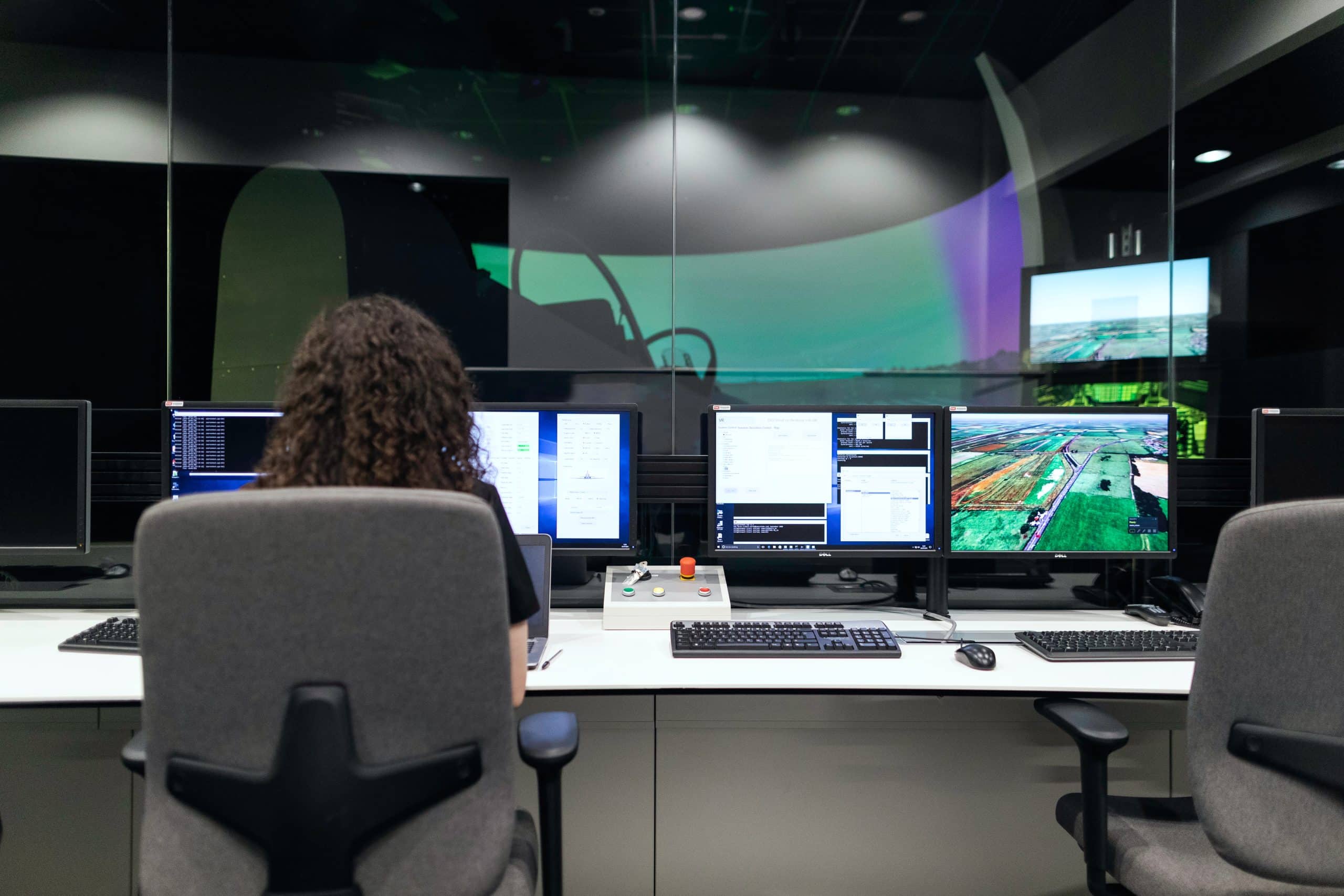The emerging role of iot in smart city development

Across the globe, the rapid urbanization is demanding smarter solutions for city management. As stakeholders of urban spaces, you’re probably wondering: how can technology assist in the evolution of our cities? The answer lies in the integration of the Internet of Things (IoT) to our cities, transforming them into "smart cities." This article aims to define and explore the emerging role of IoT in smart city development.
The Concept of Smart Cities and IoT
Before diving into the specifics, let’s define the two key terms that will shape our discussion: smart city and IoT. A smart city harnesses the power of technology and data-driven solutions to improve the quality of urban life, optimize resource consumption, and enhance service delivery. IoT, on the other hand, refers to a network of physical devices, sensors, appliances, and other items embedded with technology to connect and exchange data over the internet.
Cela peut vous intéresser : The rise of social entrepreneurship: building businesses that matter
The integration of IoT in smart city development is the next leap in urban management. It offers cities real-time data and insights to make informed decisions, improve city services, reduce energy consumption, and much more.
IoT Applications in Smart Cities
The potential applications of IoT in smart cities are vast and varied. Let’s delve into some key areas:
Dans le meme genre : Services de traduction juridique express et fiables
Traffic Management
Traffic congestion is a perennial issue in cities. IoT technology offers a solution by providing real-time traffic data. By deploying sensors and devices on roads, intersections, and vehicles, traffic data can be collected and analyzed in real-time. This information is then utilized to optimize traffic flow, plan road expansions, and manage public transit systems more effectively.
Energy Management
Smart grids powered by IoT technologies are revolutionizing the way cities manage energy. These grids use sensors to collect data on energy usage across the city in real-time. This data-driven approach allows cities to better manage energy supply and demand, reduce waste, and promote sustainable practices.
Waste Management
IoT is also transforming waste management in cities. By installing sensors in waste bins, cities can monitor waste levels in real-time. This helps optimize waste collection routes, reduce fuel consumption, and improve overall efficiency.
The Role of IoT Data in Smart Cities
Data lies at the heart of smart cities. IoT devices and sensors churn out vast volumes of data every second. This data, when analyzed and used appropriately, can significantly enhance service delivery and urban life.
For instance, by analyzing traffic data, city authorities can identify traffic patterns and predict congestion points before they occur, enabling preventative action. Additionally, data from smart grids can provide insights into energy usage patterns, helping city management formulate effective energy policies.
However, managing such vast quantities of data can be daunting. Here, the use of advanced data management systems becomes crucial. These systems help store, organize, and analyze the data, providing city authorities with the insights they need to make informed decisions.
Leveraging IoT Technologies for Urban Development
The benefits of incorporating IoT into smart city development are clear. However, the successful execution of this integration requires careful planning and strategic implementation.
It’s important to ensure the interoperability of various IoT devices and systems. With multiple vendors and technologies involved, the seamless communication between different IoT devices is crucial for optimizing efficiency.
Additionally, robust security measures are required to protect the vast amounts of sensitive data generated by IoT devices. This includes implementing encryption technologies, secure network protocols, and robust data privacy policies.
The role of IoT in smart city development is truly transformative. By harnessing the power of real-time data and smart technologies, cities can become more efficient, sustainable, and livable. As stakeholders in urban life, embracing the IoT revolution is not just an option, but a necessity for the cities of the future.
Machine Learning and IoT in Smart Cities
Machine learning is a technique that empowers computers to learn from data and make decisions or predictions. For smart cities, machine learning can be a game changer when combined with Internet of Things (IoT) data.
IoT devices, such as sensors and appliances, generate real-time data. This data, when processed and analyzed using machine learning algorithms, can provide valuable insights that can improve city services and the quality of life for citizens. For example, machine learning algorithms can analyze traffic data, predict congestion points, and suggest alternate routes to drivers, reducing travel time and enhancing commuter experience.
Furthermore, machine learning can also be utilized in monitoring and improving air quality. IoT sensors can collect real-time data on air pollution levels. This data can be analyzed using machine learning to predict future air quality levels, and to identify and address pollution sources. By making use of this data, city authorities can make informed decisions to mitigate pollution and improve air quality.
Moreover, machine learning algorithms can help in predictive maintenance across city infrastructure. By analyzing data from IoT sensors installed on city assets such as bridges, roads, and buildings, potential issues can be detected before they escalate into major problems. This proactive approach can save resources and lead to a safer urban environment.
Conclusion: The Future of IoT in Smart City Development
As we move further into the 21st century, the role of IoT in smart city development will continue to grow. A future where cities are more connected, efficient, and responsive is within our grasp, and IoT technology is a key driver of this transformation.
The integration of IoT offers a multitude of benefits, from improved traffic and waste management to enhanced energy efficiency. The vast amounts of real-time data generated by IoT devices, processed using advanced techniques like machine learning, are instrumental in making informed decisions that can significantly improve the quality of urban life.
However, the implications of this digital transformation are not without challenges. The interoperability of various IoT devices from different vendors, the security and privacy of sensitive data, and the need for robust data management systems are issues that need to be addressed.
Despite these challenges, the potential of IoT in smart city development is undeniable. As stakeholders in urban life, our role is to embrace this IoT revolution, leverage its advantages, and work towards overcoming its challenges. With careful planning and strategic implementation, we can harness the power of IoT to make our cities smarter, more efficient, and more livable. Embracing the IoT revolution is not just an option, but a necessity for the cities of the future.
